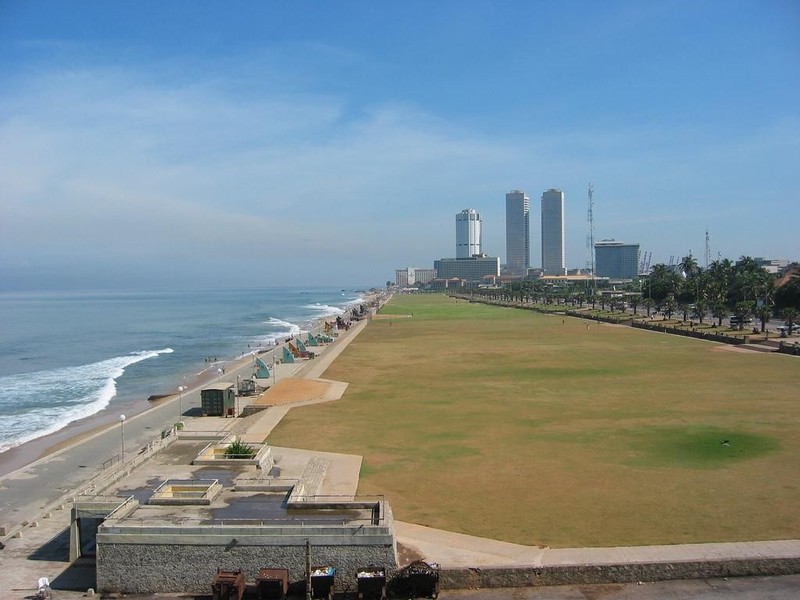Generation Z is the younger generation that comes after the Millennials and this demographic consists of people born between 1997 and 2012. These tech-savvy and adventurous are highly self-reliant and are used to going out and finding what they need on their own. Thus the type of lodging and experiences they look out for when travelling aligns with these traits.
Non-Traditional Hotels
For Gen Z, the traditional hotel experience is usually low on the list of desired accommodations. Often, they will look for functional places to stay and venture forth to find their adventure-seeking travel experiences. Thus, popular chains like lyf by Ascott, which offer a variety of long-stay apartments in Singapore with creative spaces, are ideal for them.
Local Communities
Generation Z travellers are very keen on immersing themselves in the local community that they travel to. They enjoy learning about new cultures and experiencing authentic, unique stays such as more homely stays and family-run hotels as opposed to large chains or franchises.
Sustainability
This is an important factor for Gen Z travellers when selecting a place to stay. They tend to look for sustainable practices such as waste minimising, and renewable energy usage. To travel around, they’d look into using rail and community bus services or even walking or taking a bike.
Pop culture Tourism
Pop culture tourism is ommonly known as fandom tourism where travellers head to destinations linked to destinations that are related to their favourite movies, TV shows, comics, books or even anime. It allows fans to immerse themselves much more into the stories they enjoy as well as meet more like-minded people.
Wellness Tourism
A type of travel therapy where the traveller embarks on a journey to improve their mental and physical well-being. This usually involves a variety of activities such as yoga, spa visits or hiking.
Bleisure
Bleisure is the combination of business and leisure activities, where travel involves combining work-related trips with recreational activities. By combining both, travellers can save money and have more to spend on their trip.
Solo travel

Experiencing journeys by themselves allows for a lot of freedom and flexibility for the Gen Z traveller. Solo travellers may go on trips to learn more about their niche hobbies or experience lesser-known attractions.







